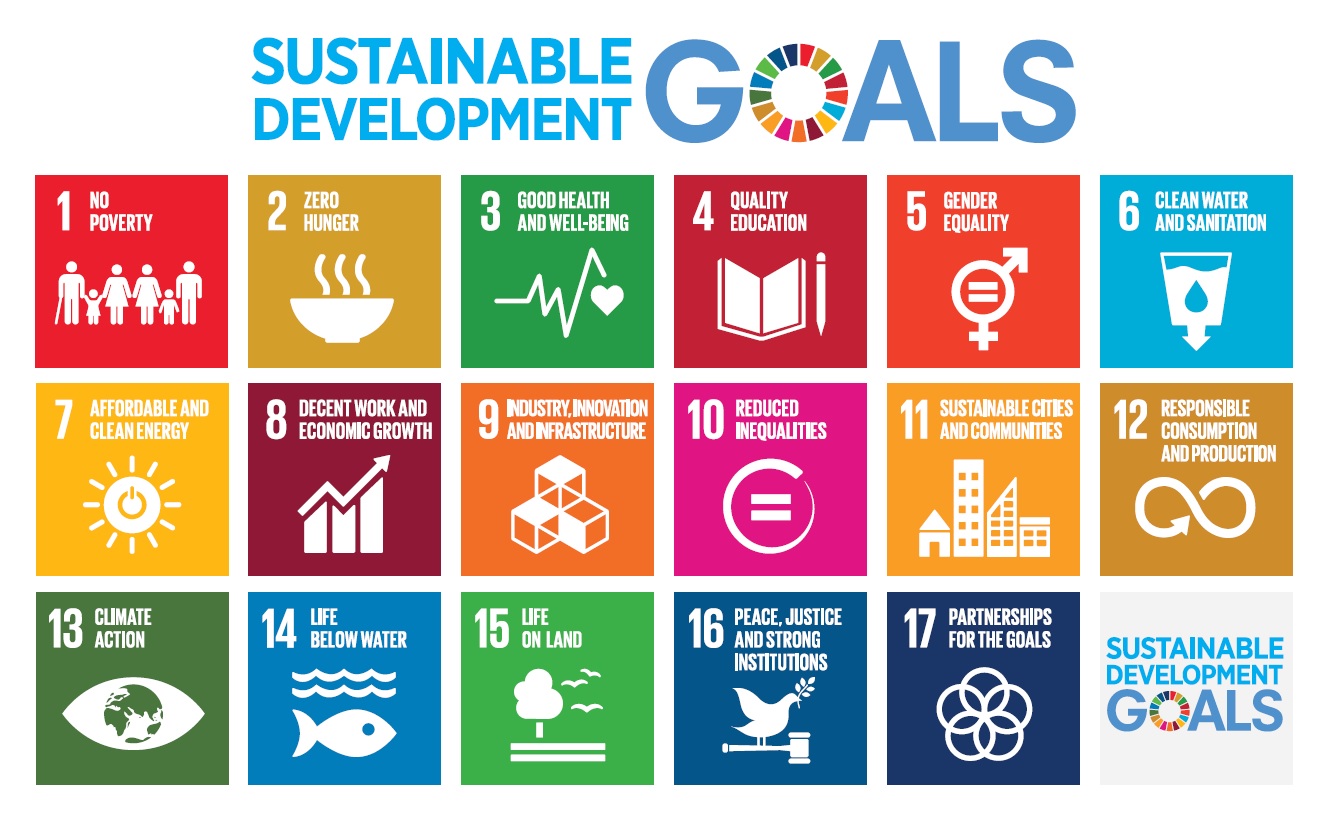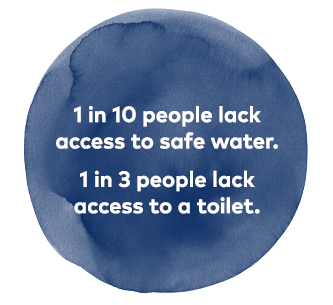Recently I asked the sustainability champions of the University of Kent to pick out one of the Global Goals that resonated with them. A goal that they felt was really important to them, and that they themselves could do something to help make a reality. You can read more about my call to action in our blog post about the Global Goals.

I am not one to issue a challenge without taking it on myself so I looked at the goals and tried to pick one out. Now as a sustainability professional they all resonate with me, so that was not a great starting place for narrowing them down to one. I trained and worked as a wildlife conservationist so found myself drawn to 14 and 15; as an avid gardener and ‘Good Life’ wannabe number 2 seemed a good pick also; I work in Higher Education so number 4 was super important to me; so it was not long before I found myself making a good justification for each of the 17 goals as to what I do and can do for them.
I mulled this over for a few days and then one day it was clear to me. There is one thing I always have on my desk. No matter the time of day, be it my desk at work or home, there is always a glass of water next to me. I tracked how much water I drank in a day, it was close to 3 liters. Then, without getting too graphic when you drink that much water that mean quite a few trips to the loo!
It is something I think a lot of us take for granted, I know I do. I am fortunate to live somewhere where I can access clean water from a tap only a few steps away, and I can go to the loo somewhere safe and clean. This is not the case for everyone.

There is another aspect to this which on this day, March 8th, International Women’s Day makes me think harder about how important access to water is. Figures collated from Water.org from a number of sources including the UN and the World Health organisation show that:
- Women and children spend 125 million hours each day collecting water
- Women and girls living without a toilet spend 266 million hours each day finding a place to go
- Women and children bear the primary responsibility for water collection
- Women and girls often spend up to 6 hours each day collecting water
- Reductions in time spent collecting water have been found to increase school attendance
- Globally, 1/3 of all schools lack access to safe water and sanitation
- Involving women can make water projects 6 to 7 times more effective
I don’t know about you but not being able to access a toilet that is clean, private and safe, especially when on my period sounds frightening and would strip an individual of their dignity. The taboos around menstruation still exist and even in the UK many women will know the dance of hiding sanitary products up their sleeves so they can walk through the office to the loo. Now couple this taboo with schools that do not have anywhere for the disposal of sanitary products, and toilets that only designed for men (urinals). By keeping girls from going to the loo they are not going to remain in school especially as they reach their teenage years, and with the pressure to walk further and further to collect clean drinking water as climate change reduces access to water many girls will miss huge chunks of education.
This is why I have picked Global Goal 6 as my goal to champion.
So, now we know the problem, what can we do?
- Raise awareness – tell people about this issue
- Support the Global Goals
- Support charities that are working on the ground with women where the problem is felt the worst e.g. water.org, Water Aid etc
- Find out what is happening here in the UK – Homeless women rarely have access to clean toilets and sanitary products during menstruation – http://thehomelessperiod.com/
- Don’t take the access we have to clean water and sanitation for granted!

